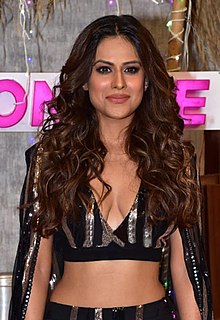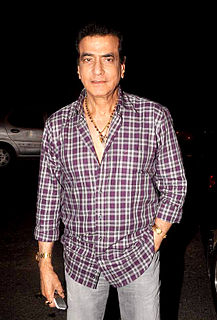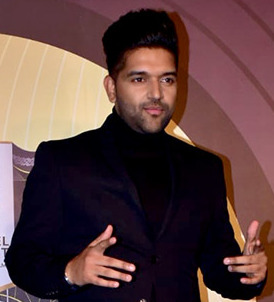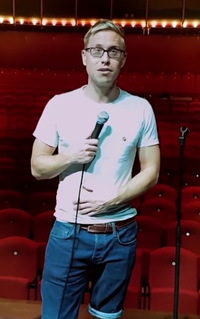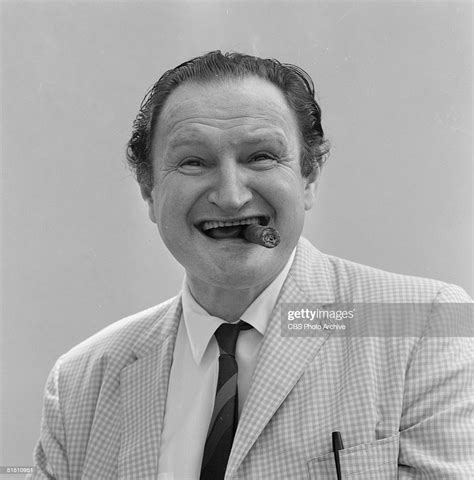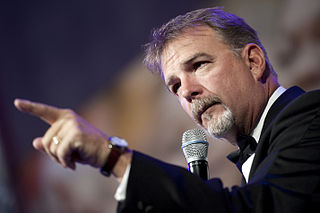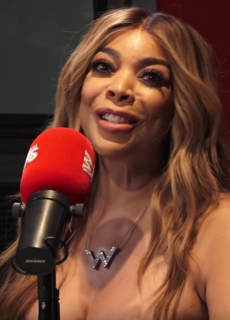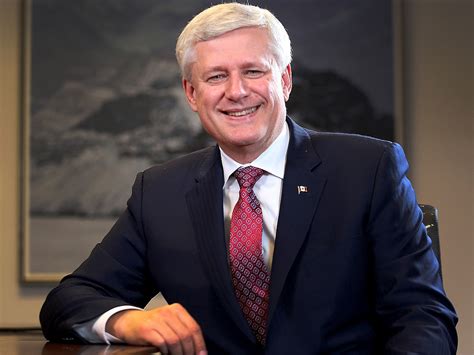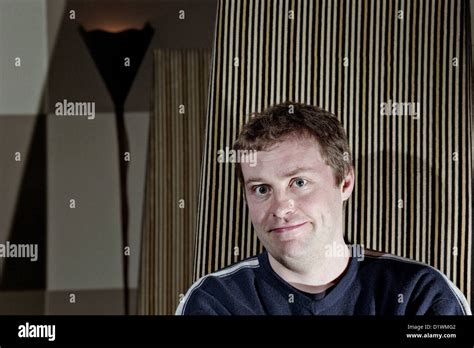A Quote by Nia Sharma
TV isn't a wide medium when it comes to boldness on the small screen because of the audience. It reaches out to the audience but keeping the traditions intact.
Related Quotes
'Suit' garnered a lot of appreciation and love from the audience, and it gives me immense happiness to start my Bollywood journey with such a wonderful track. 'Hindi Medium' posed a perfect and appropriate opportunity to showcase my song and ensure that the beautiful track reaches the global audience.
Films for TV have to be much closer to the book, mainly because the objective with a TV movie that translates literature is to get the audience, after seeing this version, to pick up the book and read it themselves. My attitude is that TV can never really be any form of art, because it serves audience expectations.
An audience will let you know if a song communicates. If you see them kind of falling asleep during the song, or if they clap at the end of a song, then they're telling you something about the song. But you can have a good song that doesn't communicate. Perhaps that isn't a song that you can sing to people; perhaps that's a song that you sing to yourself. And some songs are maybe for a small audience, and some songs are for a wide audience. But the audience will let you know pretty quickly.
I've always loved theatre because it's so immediate. The challenge of it is that, career wise, it's easier to get traction in the industry if you do film and TV because the audience is larger, and because the work can be seen for a longer period of time. I did solid work in a series of regional and Off-Broadway shows, but the work I did on TV or film will have a longer life with a larger audience (and with services like Netflix). Ultimately, there's something intimate about TV, because the storytelling and the actors come home with the viewer. It can be powerful because of that.
TV acting is so extremely intimate, because of the peculiar involvement of the viewer with the completion or "closing" of the TV image, that the actor must achieve a great degree of spontaneous casualness that would be irrelevant in movie and lost on the stage. For the audience participates in the inner life of the TV actor as fully as in the outer life of the movie star. Technically, TV tends to be a close-up medium. The close-up that in the movie is used for shock is, on TV, a quite casual thing.
